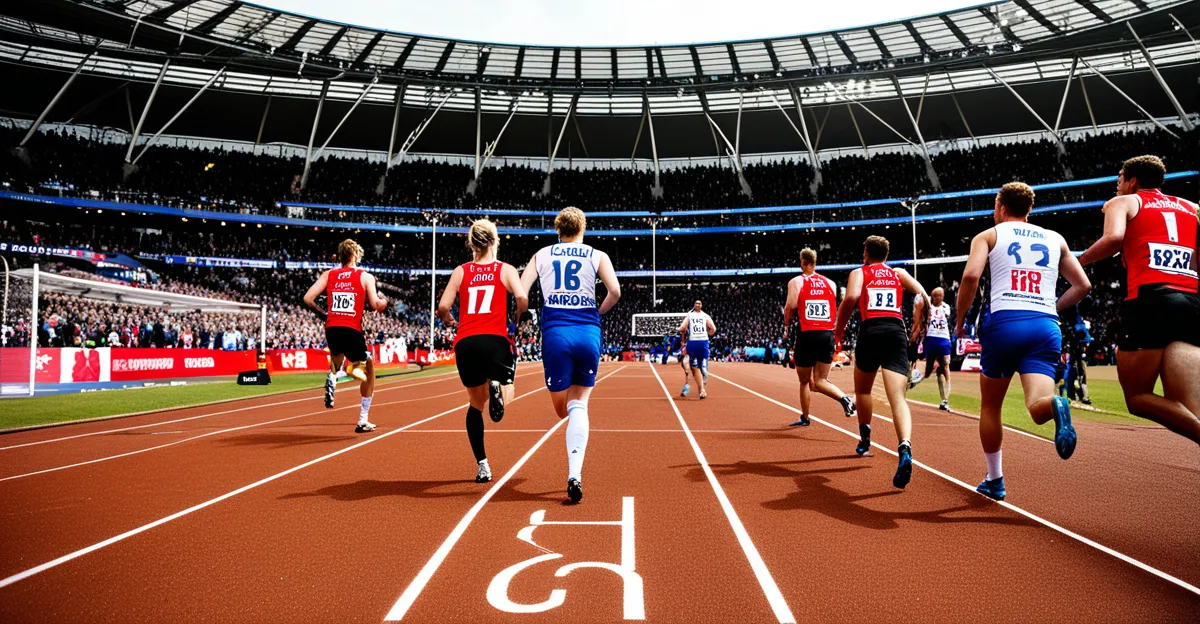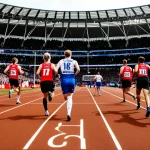Recent Policy and Regulatory Changes in UK Sports
Recent UK sports policies have seen significant updates aimed at aligning domestic regulations with evolving international standards. Key changes include adjustments to athlete eligibility, clearer anti-doping protocols, and revamped measures governing financial transparency in sports organizations. These reforms reflect the UK’s commitment to maintaining integrity and fairness in both national and international sports competitions.
In terms of UK sports regulations, eligibility criteria have been tightened for athletes competing internationally to ensure compliance with global anti-doping and ethical standards. This poses immediate implications for competition formats, such as restrictions on dual-nationality athletes and stricter vetting processes before international event participation. Such measures aim to enhance transparency and uphold the competitiveness of UK teams on the world stage.
Governing bodies and international organizations have generally welcomed these updates. The UK’s proactive stance is viewed as a model for effective sports governance, encouraging other nations to follow suit. However, some concerns have emerged regarding the administrative burden on smaller clubs and athletes, highlighting the need for balanced implementation. Overall, these changes position the UK as a leader in setting robust, fair policies that could drive future reforms in global sports frameworks.
Advances in Athlete Performance and Training in the UK
Recent advances in UK athlete training increasingly leverage cutting-edge UK sports science and data analytics. Integrating wearable technology and biomechanical analysis enables coaches to tailor programs precisely, optimizing strength, endurance, and recovery. This scientific approach has transformed traditional training into a holistic, evidence-based practice.
Case studies reveal notable breakthroughs: British athletes in track cycling and rowing report measurable gains linked to enhanced physiological monitoring. For example, cyclists now utilize power meters combined with real-time data to adjust effort during training and competitive events. These gains have contributed to improved medal prospects at international sports competitions by elevating performance consistency and injury prevention.
The international performance impact is significant. Enhanced preparation allows UK athletes to maintain peak condition across multi-stage events, providing a competitive edge. As other countries adopt similar methods, the gap narrows, intensifying competition. This evolution calls for ongoing innovation in training methodologies and technology use, ensuring UK sports science remains at the forefront while maintaining fair play in international tournaments.
Technological Innovations Shaping UK Sports
Technological innovation is rapidly transforming the landscape of sports technology UK, fueling new standards in training and competition. UK teams are increasingly adopting AI-driven analytics and advanced wearables that monitor biometric data in real time. This integration allows coaches to adjust strategies mid-event and optimize athlete condition, directly enhancing the UK’s international competitive edge.
One notable innovation includes smart equipment embedded with sensors for precise performance feedback. For example, AI-powered video analysis tools automatically track movement patterns and technique flaws, enabling targeted improvements. These tools not only boost training efficiency but also help enforce sports technology UK regulations by detecting illegal aids during competitions.
Innovation in UK sports also raises questions about fairness and regulatory adaptation. Governing bodies must constantly revise rules to balance technological advantages with equitable play. Recent updates to UK sports regulations address how certain devices are classified and permitted, ensuring that technology enhances rather than undermines competition integrity.
The ongoing technology transfer between elite UK teams and international sports organizations fosters global collaboration, setting trends that other nations follow. Overall, innovation in sports technology UK plays a crucial role in preparing athletes for high-stakes international tournaments while maintaining a fair and stimulating competitive environment.





